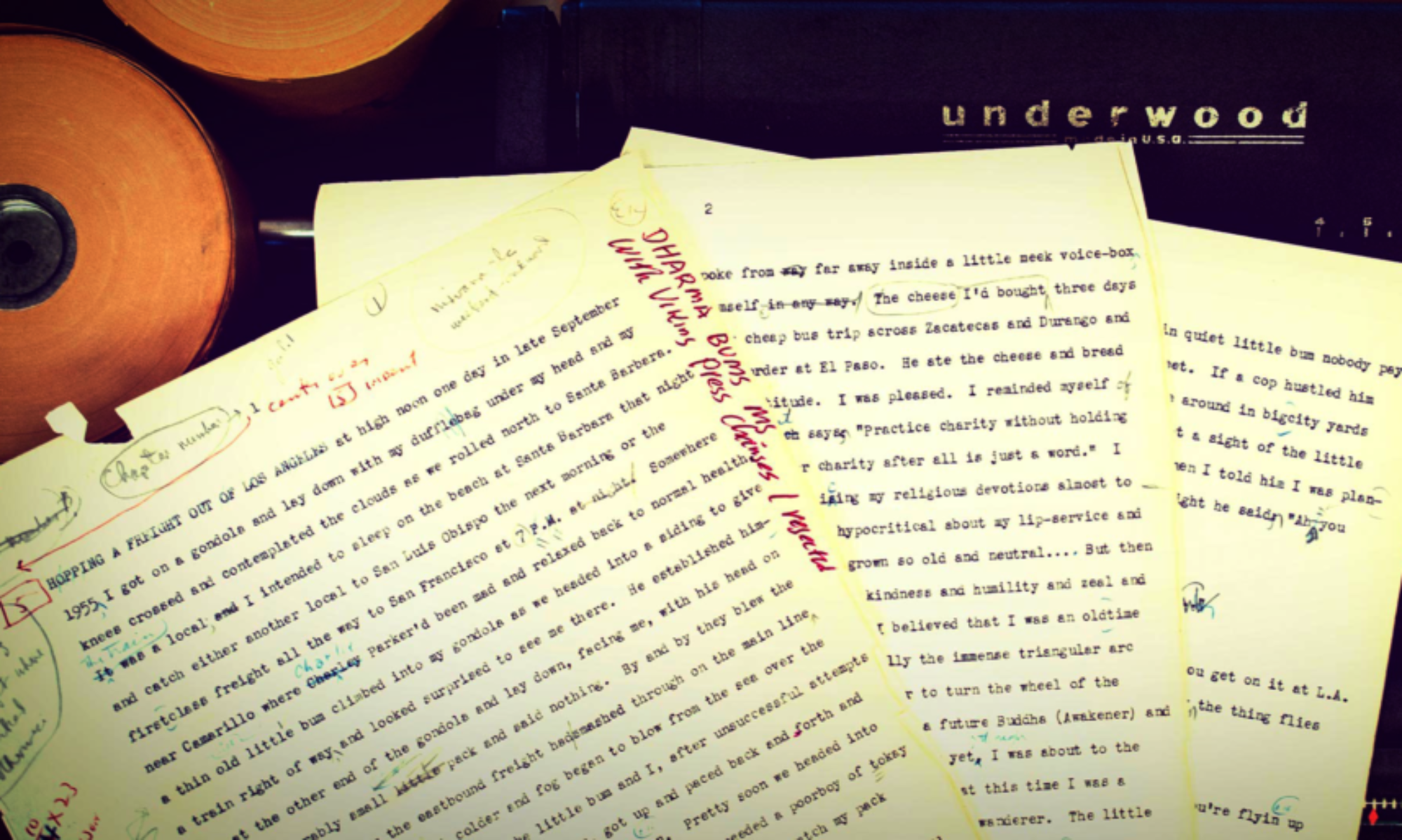The Department of English is delighted to spotlight a selection of summer achievements from our amazing undergraduate students!
 | Jack Wolfram English and Creative Writing Emory University, Class of 2022 Pronouns: He/Him/His |
As a SURE research fellow, I’ve spent the past ten-weeks conducting full-time independent research under the direction of Dr. Cahill. My project, which builds upon her published work, is entitled “A Fitting Scene for Unusual Capabilities: Adrienne Herndon’s Trailblazing Black Theatrical Mobilization Across the Jim Crow South.” My work is prompted by my interest in Black theatre and the #BlackLivesMatter Movement’s unprecedented surge in 2020, which spurred the United States to acknowledge and address its deep-rooted racism. By 2021, long-overdue investigations into suppressed Black history have gained increasing attention within scholarly spheres and popular culture. The groundbreaking but tragically-short life of the Atlanta theater maker Adrienne McNeil Herndon in the early twentieth century is one such marginalized story. In the late 1800s, she cultivated a promising performance reputation in the North while earning multiple academic degrees; when racism prematurely ended these exploits, she returned south to helm the drama department at Atlanta (now Clark Atlanta) University. As the faculty’s lone African-American woman, she established unprecedented access to serious drama for Georgia’s Black communities before her untimely death in 1910, radically reclaiming Shakespearian performance as the “birthright […] of the American Negro” and using theater as a means to bring together diverse populations of Black theater makers in resistance to White supremacy.
Drawing upon Dr. Cahill’s scholarship, I set out to find out more about how Herndon mobilized Black audiences in the Jim Crow South beyond Atlanta. Working with Emory Librarian Erica Bruchko, I made a plan to research contemporary Black periodicals, university bulletins, event fliers, similar records, and secondary sources in the online and physical archives of Emory University, Clark Atlanta University, the HBCU Library Alliance, and Auburn Avenue Research Library. My uncovered findings thus far document that Herndon undertook a reading and performance tour throughout the South, including stops in Augusta and Savannah as well as in Aiken, South Carolina, and going as far north as Chattanooga, Tennessee. Not only do these findings invite further exploration, but my research may also help expand Dr. Cahill’s perspectives about Black protest – specifically, that resistance to White supremacy was carried out not only by political organizations, but also through cultural productions and pedagogy. It furthermore enables us to realize the complex politics of Shakespeare performance, given Shakespeare’s place as a longtime White status symbol as well as a medium of Black resistance.



